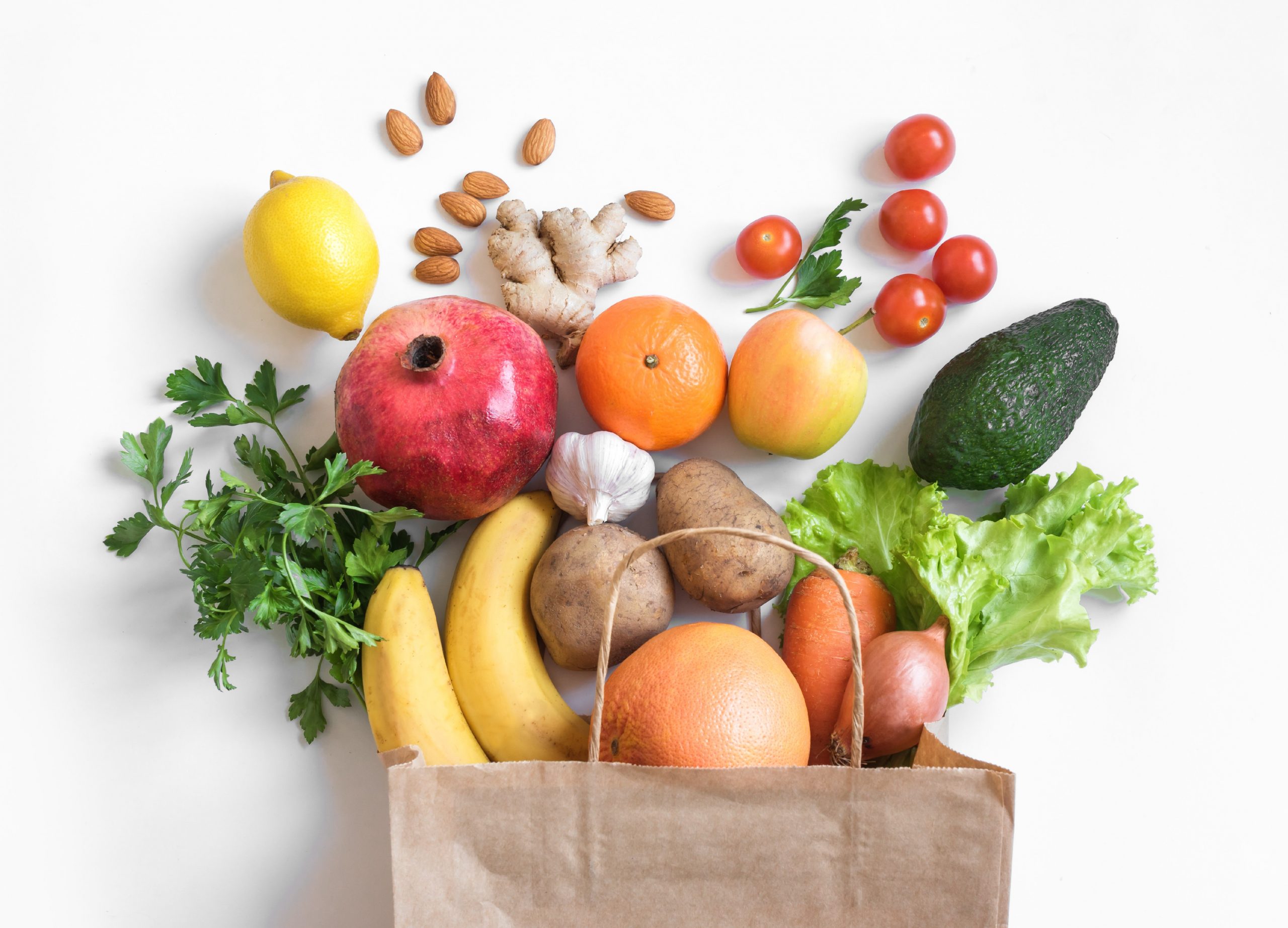Follow us on:

Eating Well During The Pandemic
The Covid-19 Pandemic has changed the way we live and work since the year 2020. Yet we did not expect Covid-19 to disappear, but rather to become endemic. In spite of the fact that no foods or dietary supplements can prevent or cure COVID-19 infection, a healthy diet is key to preventing, fighting and recovering from infections. Additionally, good nutrition reduces the risk for obesity, heart disease, diabetes, and some types of cancer.
During weekly grocery shopping, we may purchase food and groceries for a week’s supply to reduce the frequency of outing. Making healthier choices while grocery shopping may be rather challenging. We can plan our trip by drawing up a shopping list. Look for healthier choice symbols when shopping.
Food ingredients that are fresh are the best for our daily meals. Those canned products containing high levels of sodium or sugar or other additives should be avoided. It is important for us to read nutritional labels in order to better understand what the products contain.
A good food storage system is also essential for consumers who would have to keep their food supply for a few days before their next grocery run. Sort the food into those that must remain dry and in the open air and those that must stay in the refrigerator. The First Expire First Out concept also ensures that food is used before it expires. It is recommended to only reheat leftovers once and discard them after four days.
Eat according to My Healthy Plate concept. Fruits and vegetables should take up half your plate; whole grains will occupy a quarter and protein will fill the rest. Practice “2+2” concept for fruits and vegetables intake: two serving of fruits and two servings of vegetables a day. Eat the rainbow! Different colour of fruits and vegetables contain different types of vitamins, minerals and phytochemicals. In addition to helping us maintain good health, these components are vital to our immune system.
Protein food sources such as fish, chicken, tofu, soy, dairy products and eggs support our body growth, development and also immunity. We are encouraged to have two to three servings of protein a day. Choose whole grains such as brown rice or whole meal bread. Whole grains have a higher nutritional value as they are higher in fiber and vitamins.
We should also plan our meal times ahead and follow the schedule to avoid overeating. Eat mindfully and listen to your body while eating. Drink eight to ten cups of water a day to keep your body hydrated. Finally, take a break in between long periods of screen time by doing a little stretching. Exercise and be as active as you can.
